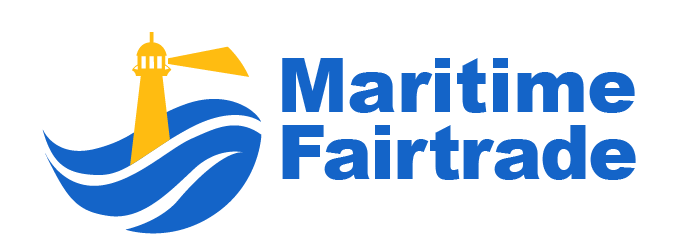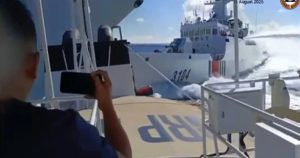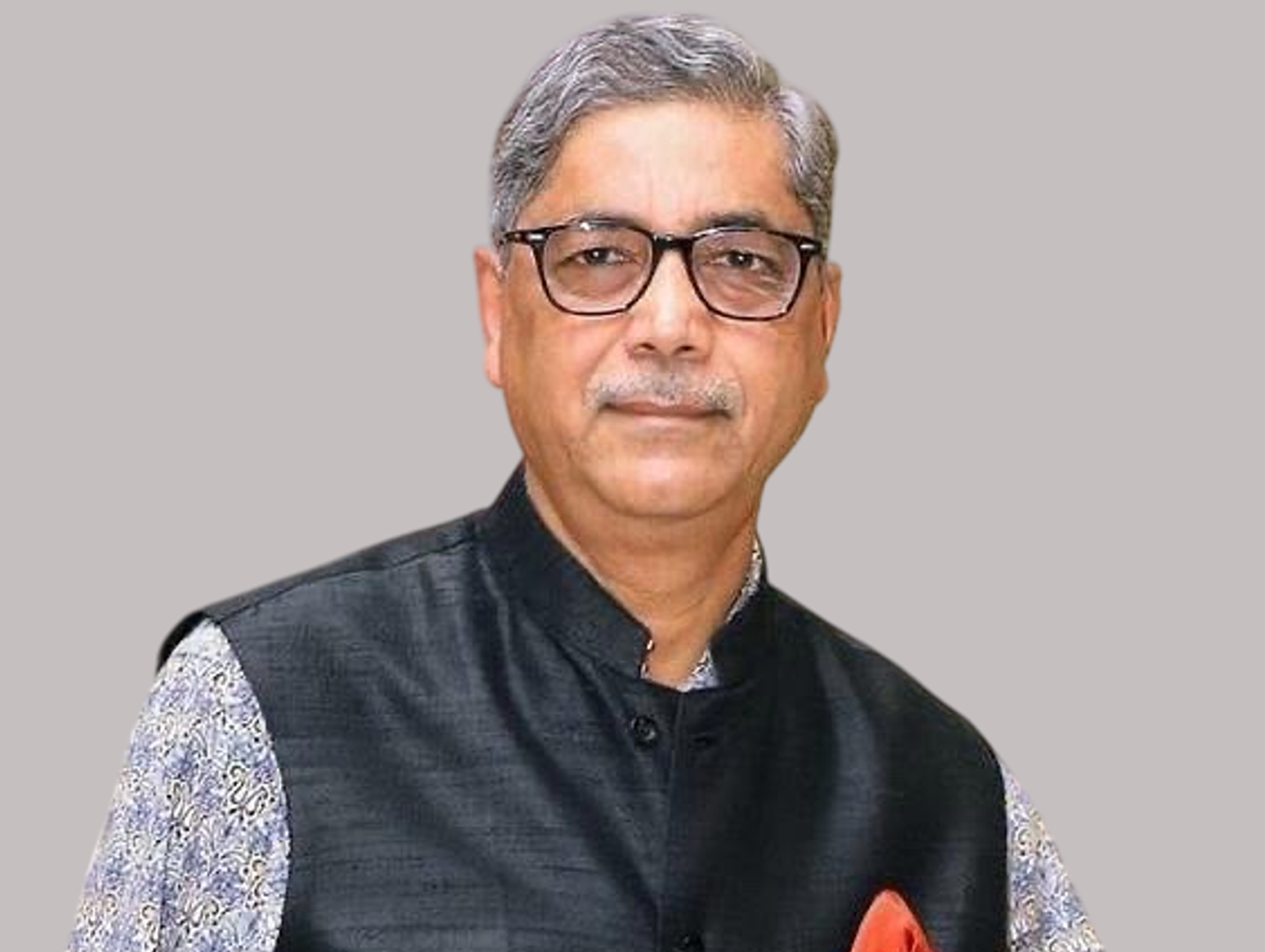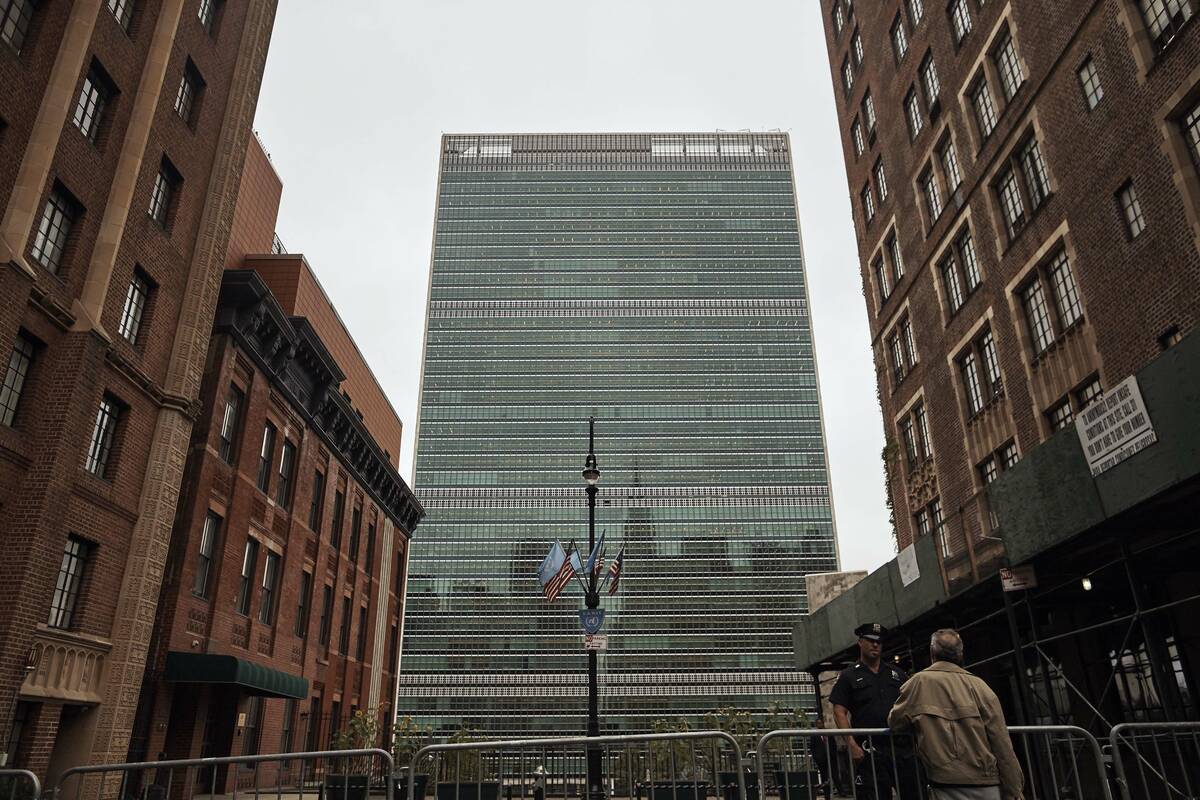Indonesia, as an archipelagic nation rich in natural resources, faces significant challenges in realizing its maritime potential, primarily due to inadequate port infrastructure. Jajang Haris, Head of Operations at Temas Port, emphasized the need for robust support in policies, investments, and cooperative efforts between the private sector and government to improve port facilities across regions, especially where infrastructure for loading and unloading goods remains underdeveloped. He highlighted that several eastern Indonesian ports, like Yos Sudarso Dobo Port in the Aru Islands, struggle with limited operational capabilities and insufficient facilities for handling perishable goods, hampering effective distribution and economic growth.
The current inadequacies not only hinder local economies but also result in shipping inefficiencies, such as returning with empty loads, which increases production costs. Jajang pointed out that enhancing local infrastructure, such as cool storage and navigable waterways, could enable businesses to fully exploit marine resources, thus fostering local economic advancement.
The significance of improving maritime operations will be underscored at the Indonesia Maritime Week (IMW) 2025, an event designed to bolster connectivity and streamline supply chains within the industry. Antoni Arif Priadi, Secretary General of the Ministry of Transportation and Chairman of IMW 2025, noted that the maritime sector contributes 7% to Indonesia’s GDP. He reiterated that the archipelago, with over 17,000 islands, is not only a rich maritime resource but also the third largest supplier of seafarers worldwide, making maritime development crucial for national economic stability.
IMW 2025 aims to showcase partnerships between public and private sectors in upgrading port facilities and enhancing overall maritime capacity. Additionally, the event serves as a forum for sharing knowledge on project development, forging business partnerships, and reinforcing Indonesia’s position as a global maritime key player.
Moreover, the push towards sustainable maritime practices is underscored by commitments from international bodies. Arsenio Dominguez, Secretary-General of the International Maritime Organization (IMO), highlighted the region’s role in global maritime shipping, shipbuilding, and training seafarers. The IMO has set ambitious decarbonization targets for the shipping sector by 2050, including a 20-30% reduction in emissions by 2030.
The focus is not just on enhancing infrastructure but also on the ongoing digitalization of the maritime sector, addressing challenges such as skilled labor shortages amid a technological transformation. Dominguez remarked that while challenges in decarbonization and security exist, there are also opportunities to create jobs and enhance participation in the maritime domain, which is vital for advancing Indonesia’s economy and leadership in the regional maritime sector.
In summary, Indonesia’s maritime potential remains largely unfulfilled due to inadequate infrastructure. With focused investments, strategic collaborations, and a commitment to sustainability, the country aims to not only boost its maritime industry but also strengthen its economic foundations and leadership in the Asian region. The upcoming Indonesia Maritime Week 2025 is poised to play a pivotal role in this transformative journey.
Source link





